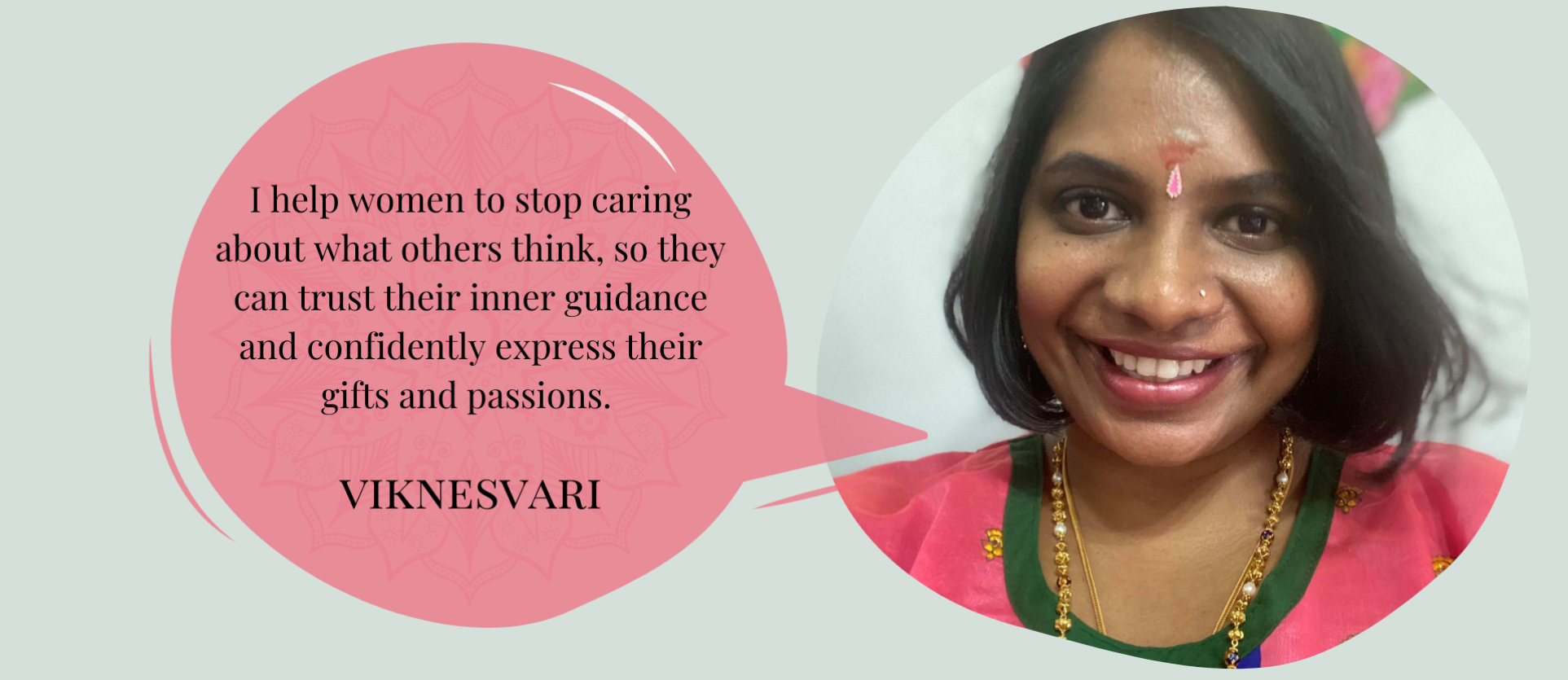How to be Assertive with your Family
I want to share with you about what’s behind the inner critic’s voice, and more importantly, where it came from and what it could potentially lead to.
The inner critic’s voice tells you – you’re not good enough, you need to work harder.
The voice beats up on you, when you make a mistake, when you forgot a birthday, when you lose control of your emotions.
Ask yourself, “whose voice is this?”
or “who does it belong to?”
Sometimes you may hear that it is your “ego’s” voice.
Go deeper than that. Go beyond that.
The first layer:
In my work with women, I’ve found that the inner critic’s voice is similar to the woman’s mother’s voice.
Or it could be a father, or a significant other who has cared for the woman, in her younger years.
The realisation of what your mother has told you, the words she had used, the tone in which she spoke, brings a light of awareness over how you are currently speaking to yourself, when things don’t go according to plan.
This voice exists in the way that it does, because that was how you were brought up.
It is the script that you had learnt, experienced and perceived as a child.
This is why sometimes when you say ‘no’ to others as a way of caring and respecting your time and space, there are feelings of guilt and obligation weighing you down.
Your inner critic’s voice, makes a part of you sink within yourself, becoming smaller and smaller.
The second layer:
The scripts that the woman has learnt, is the script that she uses to parent her children.
That moment when you can’t believe that the words have left your mouth and you’re sounding like your own parents, though you swore you’d never be like that!
It is possible to change the scripts that you have learnt from your childhood, that you seem to use automatically so that you can be assertive now and make firm decisions.
Here are two quick tips to get you started…
Tip #1: Begin by being gentle with yourself, in the way that you speak to yourself.
Tip #2: Practice mothering yourself.
If you get stuck here, ask yourself – what would I tell my daughter/son or how would I comfort her/him? Then gift these words to yourself.
This is how you change the way you speak to yourself first, before you change how you speak to others – especially when you are emotionally triggered.
And if you’re a woman who wishes to say ‘no’ without feeling guilty, I have just the thing for you – 3 simple scripts that you can use right away – at absolutely no cost!
Has this information been helpful for you?
Comment below and share your takeaway insights with me!
Lovingly,
Viknesvari










